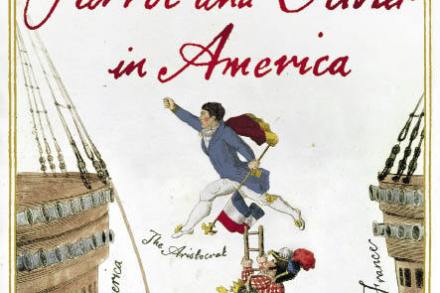The evil of banality
Aimez-vous Heidegger? According to his admirers, he was the most significant and influential philosopher of the 20th century. For Hannah Arendt, despite her claims eventually to have found the perfect husband in Heinrich Blucher, Heidegger was the love of her life. She was his precocious teenage pupil when he lectured on Plato’s Sophist at Marburg in 1924, and the Herr Doktor’s dark-eyed Jewish mistress not long afterwards. He was 35, married with two sons, only one of whom (it emerged much later) he had fathered. His wife Elfride was an eager anti-Semite; Heidegger’s eagerness was for his own advancement and fame. Hannah never got over the thrill of being his









